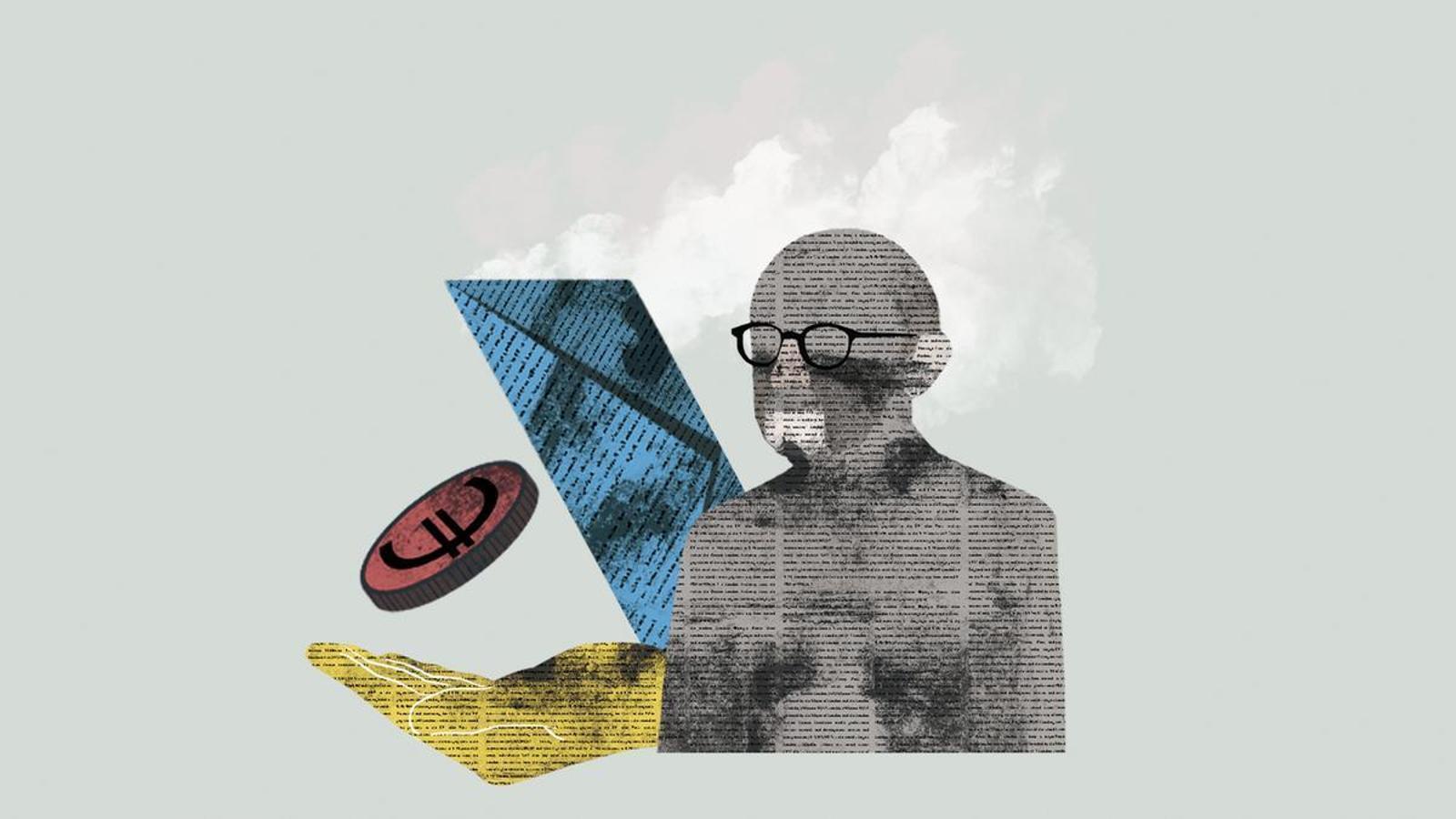Inlaid since the 16th century


I ask a civil servant in the Catalan administration how he met the members of Montoro's cabinet and the Martínez Rico brothers, and he tells me about an entourage of figures who "have been embedded in the state system since the 16th century." My friend's exaggeration is a joke, but it makes sense when he talks about another senior official in the Ministry of Finance—Rufino—who, imperturbably, was welcoming and dismissing ministers just as his grandfather and father had done before him.
Ricardo Martínez Rico—former Secretary of State for Budgets under Aznar's People's Party—was the man who replaced Cristóbal Montoro at the consulting firm Equipo Económico when he was appointed Minister of Finance. His brother, Felipe, was the Minister of Finance's chief of staff. After working in the administration, he was a member of the board of directors of Abengoa, "which has always been close to political power," and from where he could facilitate a direct relationship with the Treasury for the construction company. This statement isn't mine, but rather that of the Mossos d'Esquadra (Catalan police), who have investigated the collection of commissions from electricity, gas, tobacco, renewable energy, and banking companies in exchange for influencing the decisions of the PP government.
According to the case file, Solaria reportedly had a turnover of around €2 million, roughly the same as Madrid Network, BBVA, and Telefónica. The Association of Industrial and Medicinal Gas Manufacturers (Afgim) paid almost €780,000 to secure approval for at least two tax cuts (in 2013 and 2018), and Abengoa paid €3.9 million to Equipo Económico between 2009 and 2015 in a relationship that, according to the Mossos d'Esquadra investigation, "goes beyond the contractual."
According to police findings, a group of companies from multiple sectors would have paid him approximately 7.8 million euros between 2012 and 2015, when the PP was in power, and the figure would rise to 11 million euros if the period is extended back to 2008.
The summary by the Tarragona judge who has charged Montoro and 27 other people – most of them former high-ranking officials when he was minister – is extremely serious. In fact, the charges are for alleged continued commission of the crimes of bribery, fraud against the public administration, prevarication, influence peddling, prohibited negotiations, corruption in business and document falsification. Money laundering is also being investigated.
The judge's ruling suggests the existence of a group of fixers capable of collecting taxes from private companies to favor them, legislating from the administration to their liking and with total disregard for citizens and public property. We are dealing with a group of individuals who enriched themselves while the minister threatened companies and political opponents, cut social spending in municipalities and autonomous regions, calling it superfluous, and stifled public finances by taking advantage of the debt crisis. Montoro always acted as a foreman of the metropolis with the colonies while apparently feeding his own assets and those of his collaborators.
In the same way that he improperly accessed Treasury data on prominent taxpayers and then publicly bragged and made insinuations about non-payments, it seems that Montoro also directly threatened journalists. This is the case of the director and presenter of Onda Cero, Carlos Alsina, who has publicly explained that he was called to chapter by Montoro when he presented The compass And in a fit of rage, he reminded him that he was the one who decided the VAT on e-books, which the chain's owner, Grupo Planeta, wouldn't like.
The corruption of the PP in managing public finances is no coincidence. The two times the Popular Party has been in power in Spain (1996-2004 with Aznar at the helm and 2011-2018 with Rajoy), its behavior has been degrading in this essential chapter of political and economic life. The two leading figures, Rodrigo Rato and Cristóbal Montoro, are now tainted.
Rodrigo Rato was Second Vice President of the Government and Minister of Economy from May 1996, a position he held until April 17, 2004 (he was also Minister of Finance from 1996 to 2000). Montoro, for his part, served as Finance Minister under Aznar (2000-2004) and Rajoy (2011-2018). It is clear that both Rato and Montoro shaped the economic and fiscal policy of the Conservative eras, and both did so for their own benefit. While in October 2018 the Supreme Court upheld Rodrigo Rato's four-and-a-half-year prison sentence, in 2012 Montoro implemented a tax amnesty that his predecessor also benefited from. Some 600 amnestied individuals were subsequently investigated, including Rato, who faced several cases that led to a trial in September 2023 for crimes against the public treasury, money laundering, and corruption.
Montoro was the architect of far-reaching tax reforms in recent decades. He was responsible for the Budget Stability Act, the 2012 tax reform, and the controversial tax amnesty. He also intervened in the finances of the autonomous communities through the FLA. Today, it seems that in the meantime, he was getting rich by legislating to suit certain companies with utter disregard for the public.
